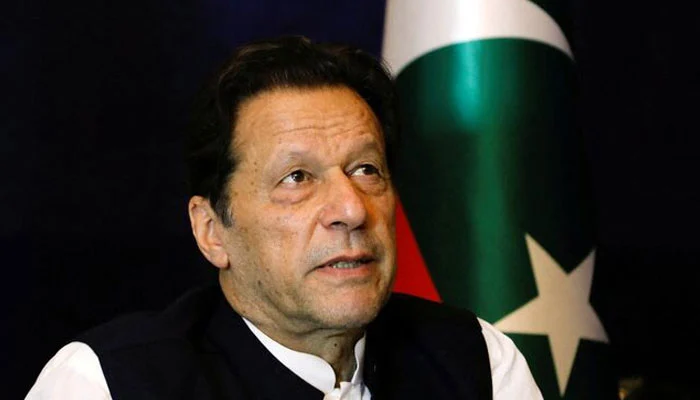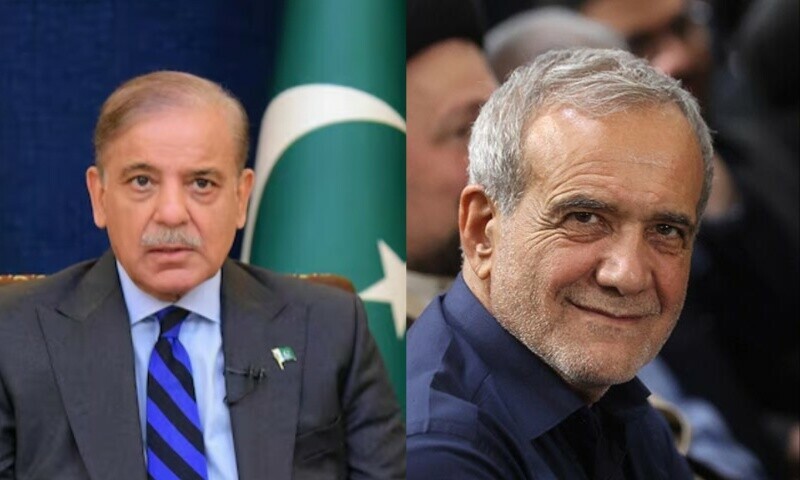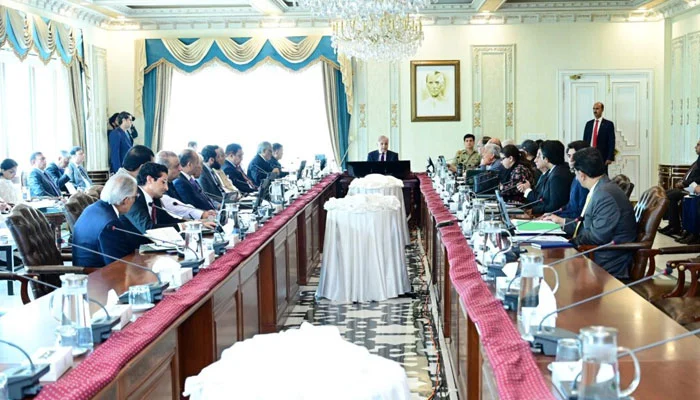
Average fuel prices slipped from record highs on Monday, with petrol at nearly £1.67 a litre and diesel at £1.79.
Crude oil surged to $139 per barrel in the first week of March, then slid back the following week.
The RAC said the settling of prices could be an indication that retailers may have “finished” passing on their higher wholesale costs to customers.
However, it is unclear if and when the cost of fuel will go down.
Simon Williams, fuel spokesman for the RAC, said Monday’s prices had “steadied with very slight reductions in both petrol and diesel”.
UK fuel prices have increased at the fastest rate on record in recent weeks, with petrol rising 13p since the start of the month and diesel increasing by nearly 21p.
Fuel prices, which were already rising as global economies recovered from the coronavirus pandemic, surged after the war in Ukraine pushed up oil prices.
Changes in prices at the pump are mainly determined by crude oil prices and the dollar exchange rate, because crude oil is traded in dollars.
Russia is one of the world’s major oil exporters and it is being targeted by economic and trading sanctions.
After Brent crude oil – a global benchmark for prices – hit a near 14-year high of $139 a barrel during the early stages of the conflict, prices fell back to around $100, but have since risen again to $115 on Tuesday.
The most recent increase was driven by the European Union discussing a ban on the purchase of Russian oil, which countries in the bloc rely heavily on.
Some countries, such as the US and Canada, have already banned on Russian oil imports, but the EU has so far stopped short of that action.
Meanwhile, the UK government has vowed to phase out imports of Russian oil by the end of the year.
The UK only imports about 6% of its crude oil from Russia, but is affected by the global shifts in price.
Mr Williams said the wholesale price of petrol for retailers currently stands at £1.30 a litre for petrol and £1.48 for diesel.
“With prices this high before retailer margin and 20% VAT are added it’s clear we are in a tough place when it comes to being able to afford to drive,” he said.
“This is why it’s crucial the chancellor takes decisive and meaningful action in his Spring Statement that helps hard-pressed drivers and businesses.”
‘Supply shock’
More than 50 Conservative MPs have called for a cut in fuel duty, which is currently 57.95p per litre, and has VAT of 20% applied on top.
Several newspapers have also reported that Chancellor Rishi Sunak is considering a temporary cut of as much as 5p per litre, but some opposition MPs have questioned whether this would go far enough.
Following Russia’s invasion of Ukraine, there were warnings of potential global oil supply problems.
The International Energy Agency (IEA) has said high commodity prices and sanctions against Russia were “threatening to create a global oil supply shock”.
It estimated three million barrels per day of Russian oil could be taken out of the global market as a result of international sanctions.
The agency warned only Saudi Arabia and the United Arab Emirates have enough spare production capacity to offset the shortfall in Russian output.






